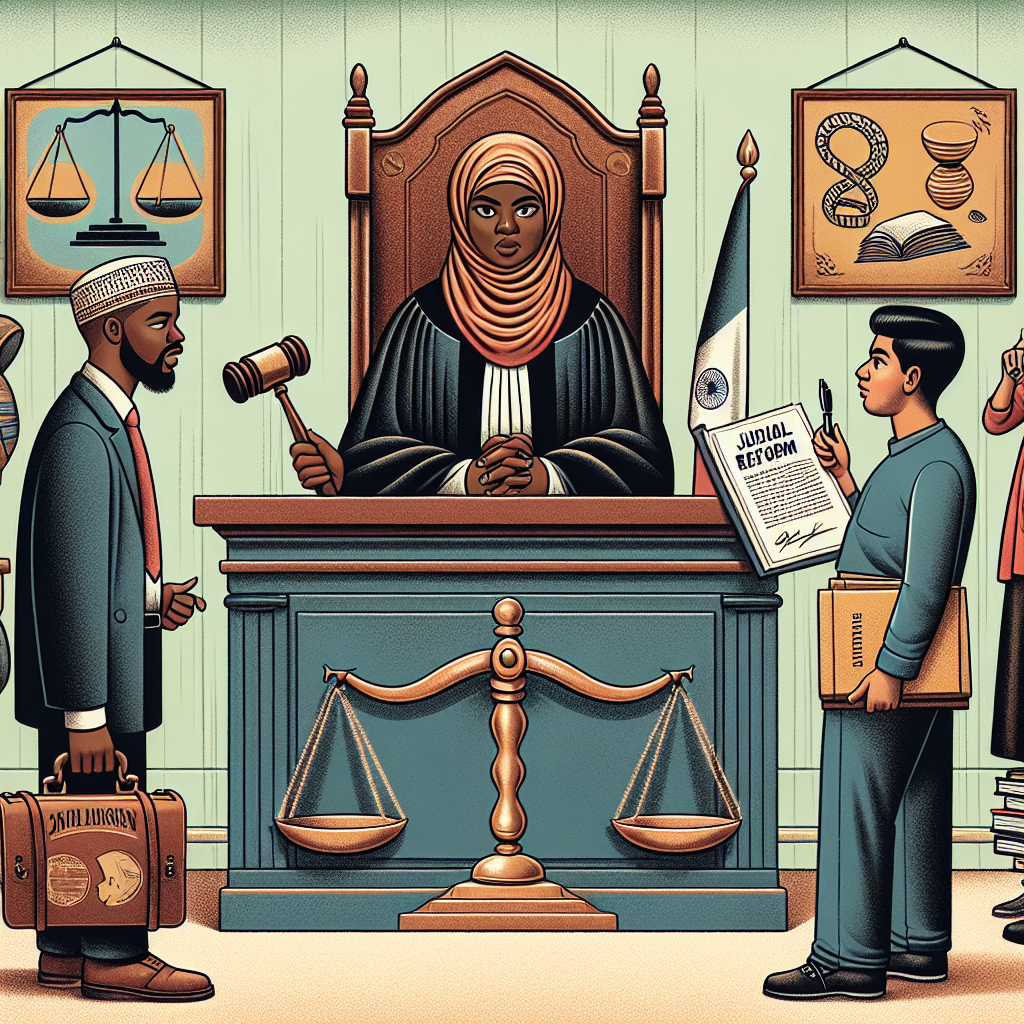Controversial Judicial Reform in Mexico: A Threat to Democracy and Trade
The proposed reform of Mexico's judiciary, which aims to elect judges through a popular vote, has raised concerns about its impact on democracy and U.S.-Mexico trade relations. U.S. Ambassador to Mexico Ken Salazar warned of the dangers posed by this reform, while incoming President Claudia Sheinbaum defended the proposal.

The proposed reform of Mexico's judiciary, set for a vote in September, threatens both the country's democracy and its crucial trade relationship with the United States, U.S. Ambassador to Mexico Ken Salazar said in a statement on Thursday. The reform seeks to have judges, including all Supreme Court justices, elected by popular vote.
'Based on my lifelong experience supporting the rule of law, I believe the popular direct election of judges is a major risk to the functioning of Mexico's democracy,' Salazar stated. Incoming President Claudia Sheinbaum, who will assume office in October, has stood by the judicial proposal introduced by outgoing President Andres Manuel Lopez Obrador, asserting that judges should be elected.
Salazar highlighted that the debate and political tension surrounding the reform could threaten the U.S.-Mexico trade relationship, 'which relies on investors' confidence in Mexico's legal framework.' He stressed that any judicial reform should have safeguards ensuring the judiciary remains strong and free from political corruption.
(With inputs from agencies.)










